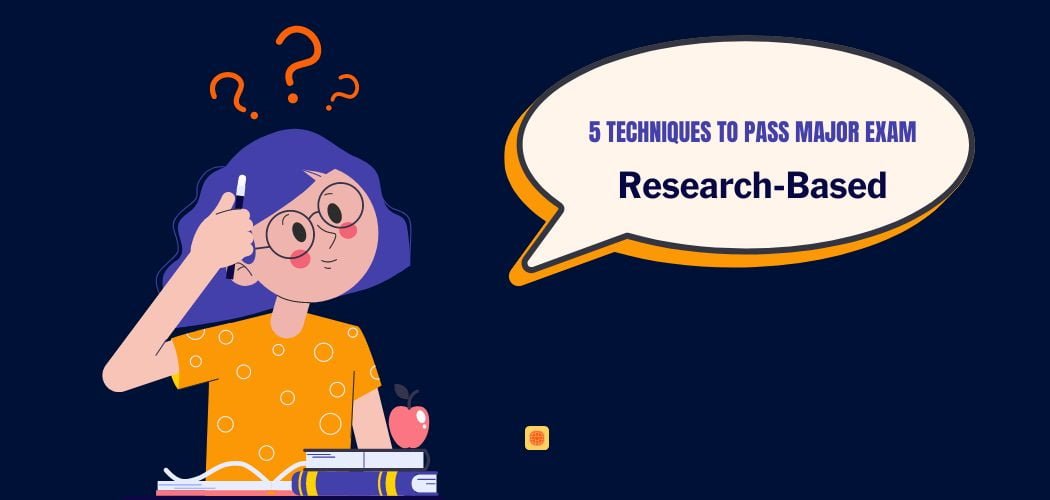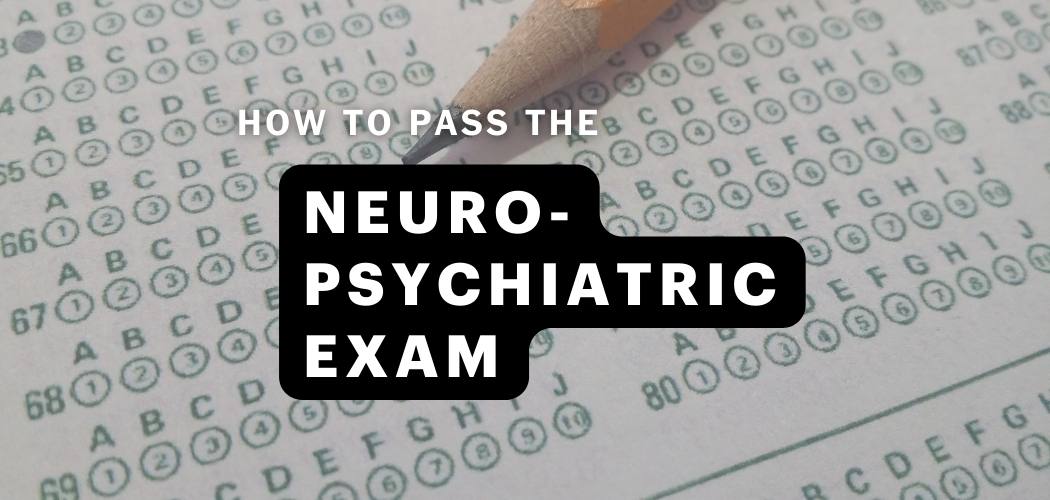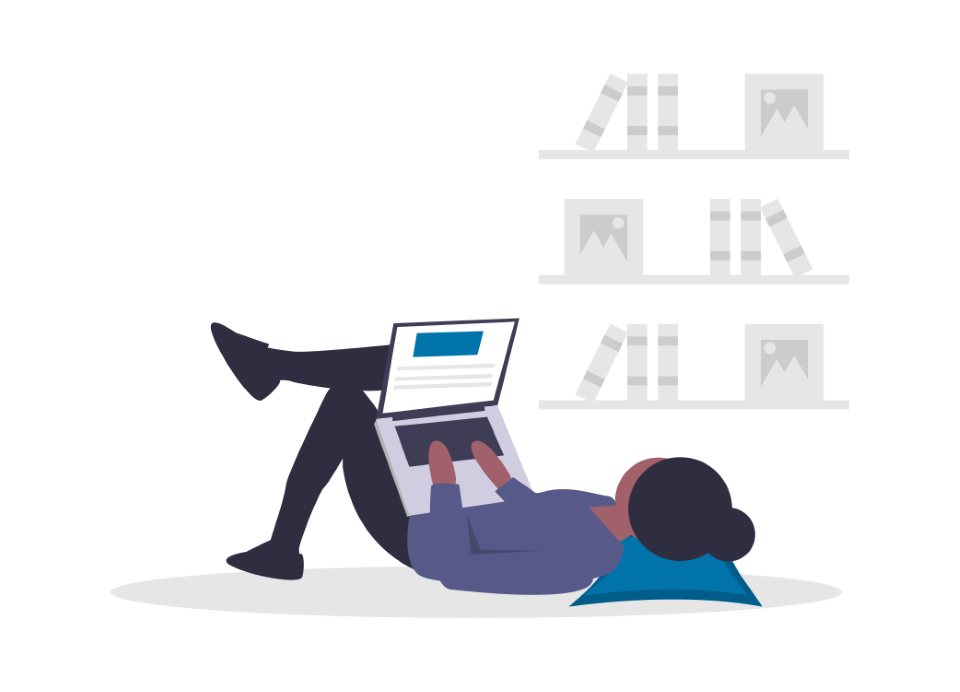Ask anyone who took the Licensure Exam for Professional Teachers (LEPT/LET) and they will tell you that board exam time is the most stressful, sleep-deprived, and grueling part of wanting to become a professional teacher.
And with all the work that many examinees put in, some still fail to get the desired result they want. So in this article, we’ll share 13 tips (from repeaters) that we think are critical for you to know in order to pass the licensure exam.
1. Retrieve your notes and journals
If you’re the type of person who likes to write down things, this won’t be a problem for you. But if writing something down on paper is not your thing, well, it’s about time that you consider it to be a part of your daily routine.
Research shows that when you write a thought or an idea on a piece of paper, the more you will remember it. Writing on paper stimulates a part of your brain that makes you remember things more compared to typing them on your cell phone or your gadget.
2. Set a schedule
The scope of the test is so vast that you have to list down the topics and courses that you need to review. It will be useful if you set a schedule for a particular week or a specific month.
Make sure to spend a day or two reviewing minor subjects you had in college. Then 1–2 weeks refreshing knowledge of Professional Education and major subjects.
Setting a schedule will make you concentrate on one subject thus, giving you more time to dive into details and learn things you didn’t know when you were still a college student.
Establishing a plan also keeps you on track, and it can help you monitor what courses or subjects you need to pay attention to.
3. Know the exam coverage
For a successful schedule planning to happen, you need to first know the scope and content of the licensure exam. This is given by the Professional Regulation Commission (PRC) months before the exam date.
Each subject area will cover a certain percentage of the test so make sure you give priority to those subjects that have a bigger exam percentage.
4. Review your weakest subject
This is a big one. Back in college, we all had a subject where we felt that we were weak. It’s about time to give it some love and get yourself refreshed.
Note that you may be “slow” in some subjects back when you were still in college but that doesn’t mean you can’t be good at them now. Be confident that you can learn anything and most importantly, opt to spend extra time asking people who you think are good at these subjects.
Typically, the reason why you think you are “weak” in a particular subject is that you don’t have any interest in them. Look at the subject from a different angle and try to learn more by reading related topics. Become a voracious reader.
5. Practice shading
Conditioning is important. You all know how to shade but make sure you can do it adequately and correctly. Remember that a wrong shading (or missing one) in one of the items can get you a failing mark. It has a domino effect and can go downhill from there.
6. Practice answering situational questions
Most of the questions — if not all — of the licensure exam are situational. This is especially true in the Professional Education portion of the test.
Don’t just memorize facts and information. Try to answer questions that will challenge your logical, reasoning, and analytical skills.
Also, practice reading longer problems or questions. This will surely train and condition your brain to respond fast.
7. Stay healthy
We’re talking about your holistic health. Physical, mental, and emotional health must be balanced. Make sure you don’t get too stressed, pressured, or overwhelmed.
The licensure exam is frightening and rightfully so. But remember that it’s only a temporary feeling. Causing fear in yourself doesn’t do any good and in fact, it does the exact opposite. This will lead to poor mental functioning.
Diet
What you eat can have a huge impact on your energy levels and focus, so keep away from junk foods. Choose nutritious foods that have been proven to aid concentration and memory. This includes green and leafy vegetables, fish, nuts, seeds, and blueberries.
The same applies on your exam day. Eat a good meal before the test that will provide a slow release of energy throughout the exam duration. Avoid sugar, please.
Keep hydrated
Your body needs to be well-hydrated to function optimally and when your water supply gets too low, the effects can be far-reaching.
Sleep
In his book “Why We Sleep: Unlocking the Power of Sleep and Dreams”, Matthew Walker emphasized that doing an all-nighter — the way you used to school — is especially harmful and counterproductive because it will have devastating health consequences.
8. Find time to unwind
Anything that is done too much is not good. So set a day or two in a week to give your body and brain a break and recover from life.
During this one or two-day break, minimize distractions (bye, social media) to allow total focus on recovering and doing things you love.
9. Do not overthink
Stop thinking about the “what-if” scenarios. This doesn’t do any good. Instead, focus on your ultimate goal of reading and reviewing. Think of the outcome that you’d like to get.
Overthinking always shuts out the solution and focuses more on the problem so don’t make time for it. You are about to become a teacher so enjoy and appreciate the moment that you’re in right now. You’ll miss it. Seriously!
10. Seek out advice
If you are already working as a neophyte teacher, you have the perfect opportunity to ask for a tip or two from teachers who have been in a situation like yours.
It will be a bonus if you collect questions they remember and if they can’t recall any, ask them for some review materials instead. There’s no harm in doing so and you’ll be surprised that they are nice enough to share their experiences as an examinee.
11. Answer random test questions
Challenge yourself to answer random test questionnaires from different sources and review materials. It will help you get used to the nature of the test and will condition you to analyze questions in a timed manner.
12. Get everything ready
Make sure you get everything ready in advance. Don’t miss doing the following:
- Know the exam location. This includes your seat and room number.
- Check the rules and requirements for the exam.
- Prepare all the materials needed for the exam: pencil, black pen, eraser, pencil sharpener, ruler, calculator, or scratch paper).
- Food or snacks, water, fan (for not well-ventilated room), and tissue.
13. Pray
We know that God causes everything to work together for the good of those who love God and are called according to his purpose for them.
Romans 8:28 (NLT)
We’ll leave you with this quote from the Bible. God has good plans for you. Don’t forget to rely on Him.
Good luck with the exam. The gateway to the road of educating young minds awaits you.



